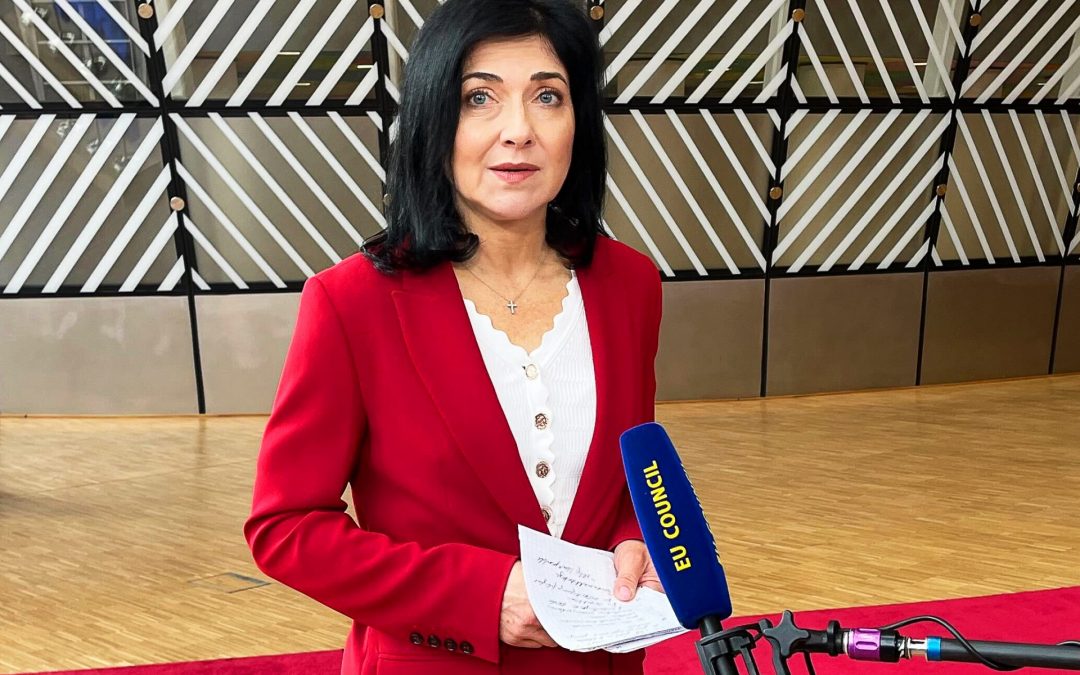Brussels – Germany is making a radical shift in its energy policy at the EU level and is abandoning its resistance to classifying nuclear energy as sustainable. The new German government is thus aligning itself with France, which has been advocating for such a policy for some time.
In a joint paper published earlier this month by the governments in Paris and Berlin, it is stated that a Franco-German restart in energy policy will be carried out, “based on climate neutrality, competitiveness, and sovereignty.” This means ensuring equal treatment at the EU level for all low-emission energy sources. Nuclear energy is also considered low-emission.
In the so-called taxonomy, technologies that do not emit CO2 or are low in CO2 should be favored, said German Federal Minister for Economic Affairs Katherina Reiche at a meeting with EU counterparts in Brussels.
The taxonomy is a kind of quality seal for sustainable financial products. Every ton of CO2 saved is beneficial. “We must be open to technology here,” said the politician.
Nuclear power has been a contentious issue for years
The taxonomy lists areas in which the European Union can invest to combat climate change. Certain investments in gas or nuclear power plants are also classified as climate-friendly. This has since led to discussions and criticism, as the use of nuclear energy generates radioactive waste.
The previous government made up of the SPD, Greens, and FDP criticized the climate-friendly classification of investments in nuclear power plants. The current German government made up of the CDU and SPD sees it differently but plans no return to nuclear power in Germany two years after the phase-out. There is a societal consensus on this, said Federal Environment Minister Carsten Schneider recently.
Green MEP Michael Bloss criticized that the new government is giving up its negotiating position against France without necessity and without any return. “This sacrifices the interests of renewable energies to the French nuclear lobby.” There should be no naive selling off of central interests for the energy transition and fair competition, he said. (May 22)
 go to the original language article
go to the original language article
